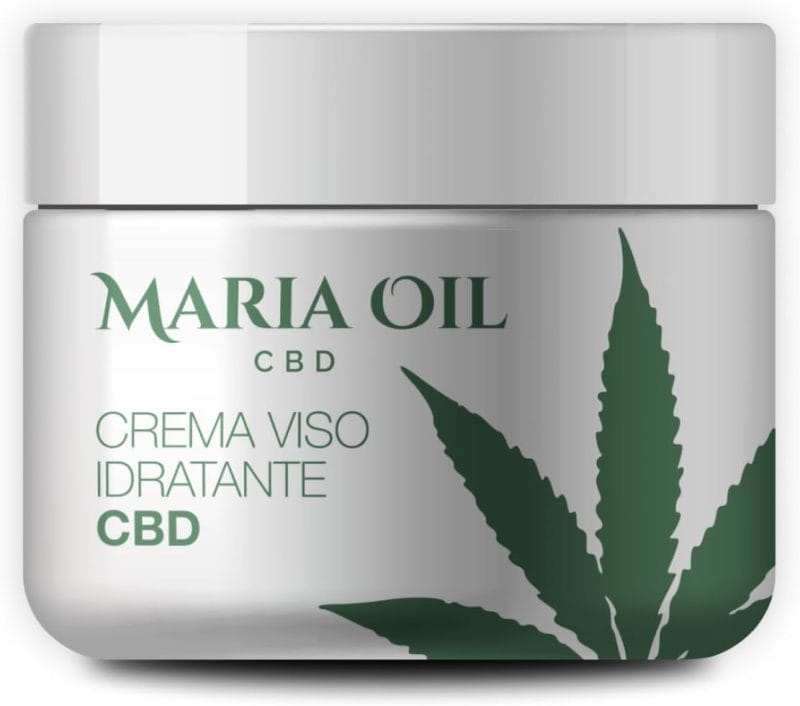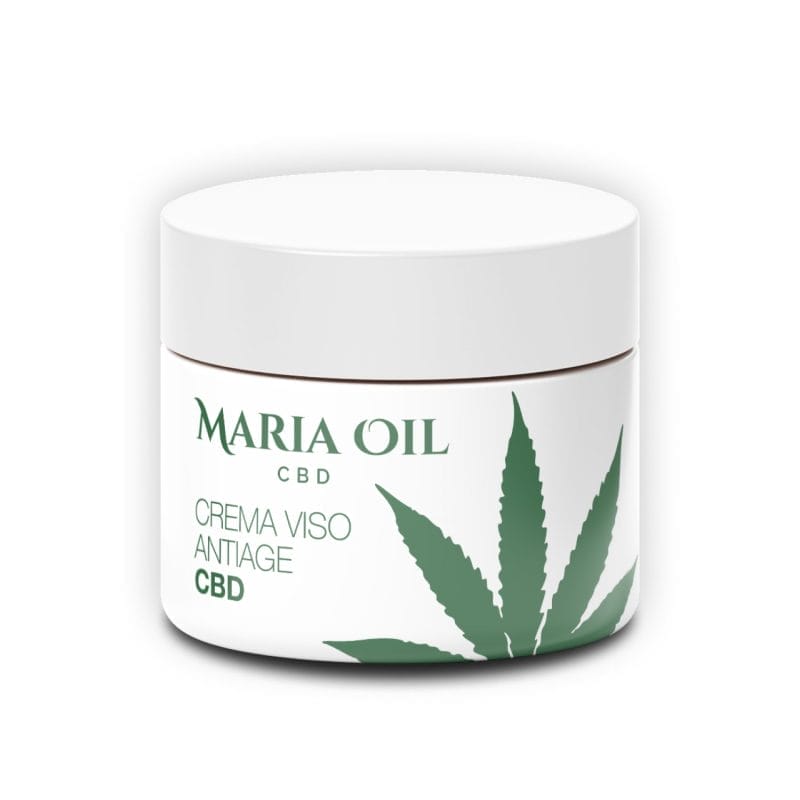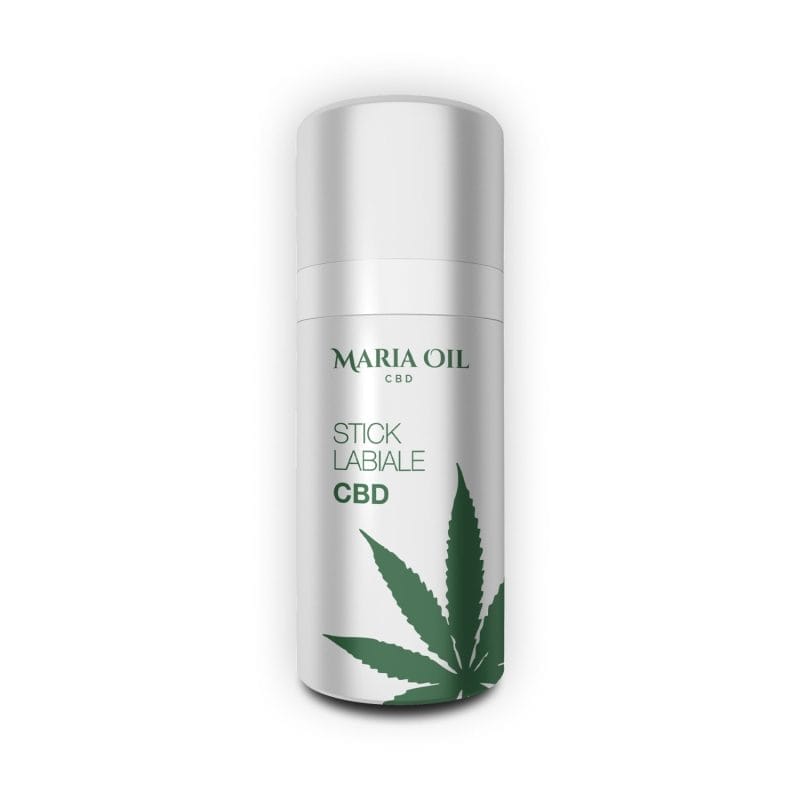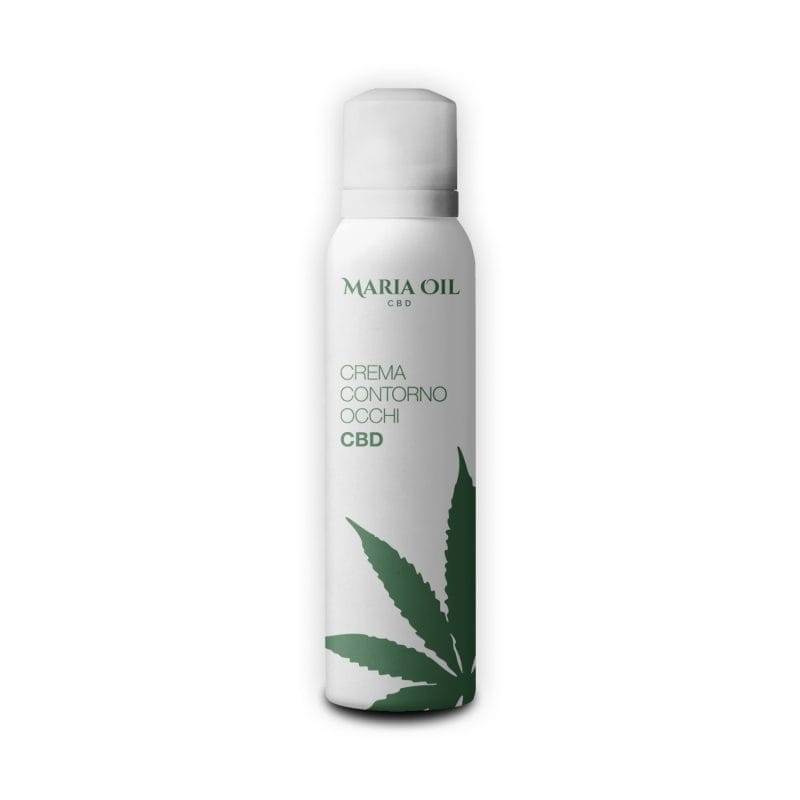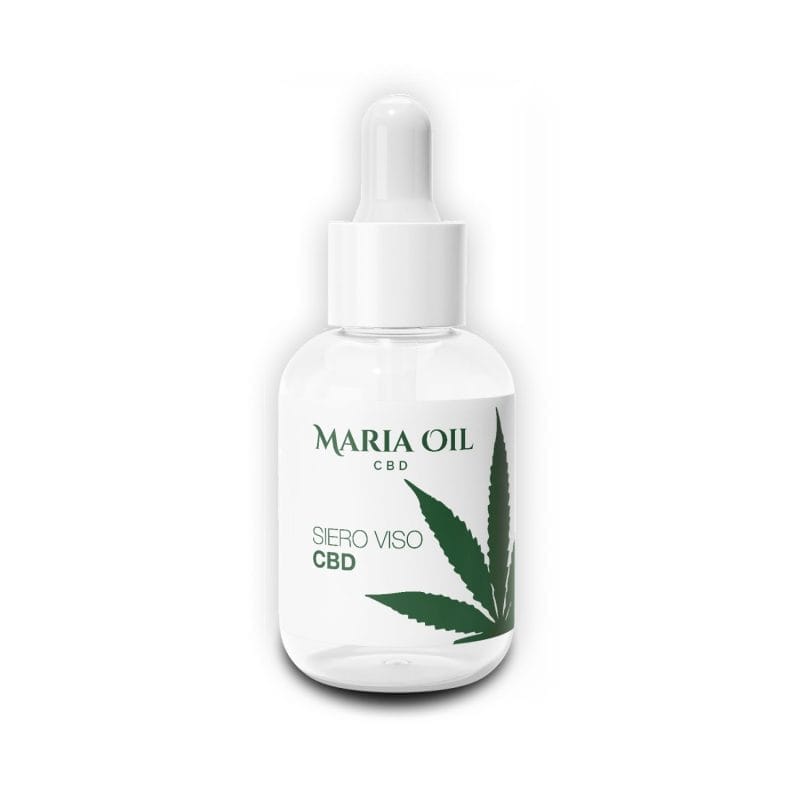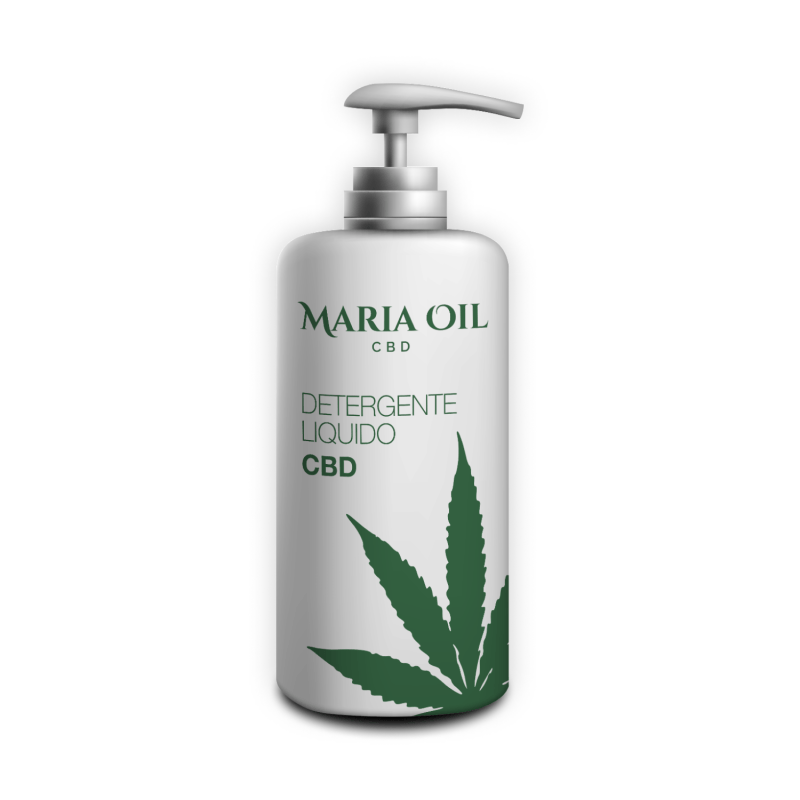Sensitive skin is a topic of increasing relevance in the skincare world, as it is becoming more and more common due to harsh weather conditions and busy lifestyles. When compared to other skin types, it is characterized by more severe reactions and irritations. It is influenced by a number of factors, such as genetics, environment and lifestyle.
Do you have sensitive skin? Does it affect you in your daily life? Have you ever given up anything because of this condition? Finding the right skincare routine is critical.
Throughout this article we will offer you valuable advice on how to deal with this condition, including tips on gentle cleansers, effective moisturizers, and the importance of avoiding irritating ingredients.
Furthermore, we will explore the latest findings in products specifically formulated for sensitive skin.
If you want to improve the health of your skin and reduce unwanted reactions, you no longer have to deny yourself experiences and opportunities. Instead, find out more about the right remedies and the newer approaches to make your skin more resilient and ready to take on your lifestyle.
-
Product on saleMoisturizing Face Cream with CBDOriginal price was: £27.00.£18.90Current price is: £18.90.
-
Product on saleCBD face cream AntiagingOriginal price was: £31.00.£21.70Current price is: £21.70.
-
Product on saleHemp ChapstickOriginal price was: £6.99.£4.89Current price is: £4.89.
-
Product on saleCBD Eye Contour CreamOriginal price was: £11.00.£7.70Current price is: £7.70.
-
Product on saleCBD Face SerumOriginal price was: £31.00.£21.70Current price is: £21.70.
-
Product on saleCBD face and neck cleanserOriginal price was: £24.00.£16.80Current price is: £16.80.
What does sensitive skin mean?
“Sensitive skin” is a term that refers to a skin type that reacts more easily and intensely to external stimuli. This reactivity is manifested through symptoms such as redness, itching, burning or dryness of the skin.
Do you feel your skin become irritated when you expose it to cold temperatures? Or when you use certain creams or cosmetics? Is it even sensitive to the touch? You may have sensitive skin and not know it.
Sensitive skin is more susceptible to unwanted reactions to various environmental factors and skincare products. To sum it up, it’s a skin condition characterized by more severe reactions to irritants and external stimuli.
What causes sensitive skin?
The causes of sensitive skin can vary from person to person and, as we mentioned, include a combination of different triggers.
Some of the main factors contributing to sensitive skin are:
- Genetics: genetic predisposition plays an important role in skin sensitivity. If your parents or other family members have sensitive skin, you can inherit this trait;
- Environment: exposure to environmental elements such as air pollution, UV rays, wind and climatic variations can affect skin sensitivity;
- Skincare products: the use of cosmetics, cleansers or creams containing harsh ingredients, artificial fragrances or preservatives can cause skin irritation and contribute to skin sensitivity;
- Pre-existing skin conditions: some skin conditions, such as eczema or dermatitis, can make the skin more prone to reactions and irritation;
- Stress and lifestyle: stress, an unbalanced diet and an unhealthy lifestyle can affect your skin health;
- Hormonal changes: hormonal fluctuations related to age, pregnancy or menstrual cycle.
As you can see, these are habits or “oversights” that we are not even aware of most of the time. But in the long run, they undermine the health of our skin. If you have bought body products based on the brand or fragrance up until today, perhaps you should change your criteria. The same goes for those with stressful or busy lifestyles. You should purposefully take care of your skin.
Remember that it is the largest organ in your body and the one that protects all the others. Its health is vital.

Symptoms
People with sensitive skin may experience a number of symptoms that indicate an increased reactivity of the skin to external stimuli.
Let’s look at some of the most common symptoms associated with sensitive skin:
- Redness: your skin turns red very easily, even in response to mild stimuli or irritation;
- Itching: yours skin becomes itchy even in response to substances that would not usually cause irritation in people with less sensitive skin;
- Burning: a burning sensation may occur, especially after using cosmetics or cleansers;
- Dry skin: sensitive skin may be prone to drying out more easily, causing discomfort and flaking;
- Tight skin: it can occur in people with sensitive skin, especially after using harsh products;
- Allergic reactions: if you have sensitive skin, you may be prone to more frequent allergic reactions, such as rashes, swelling or other signs of irritation;
- Extreme sensitivity to environmental triggers: people with sensitive skin may experience more violent responses to environmental factors such as sunlight, wind or extreme temperatures.
These are symptoms that occur in other skin conditions, which is why it is always best to see a dermatologist. Getting an accurate diagnosis of your problem is the first step in solving it.
How is sensitive skin treated?
Treating sensitive skin requires a careful and targeted approach to alleviate skin reactions and keep its balance. Identifying the triggers and adopting daily practices that reduce the risk of irritation is essential.
We will focus on a gentle approach that avoids harsh ingredients. Let’s find out how to build a comprehensive skincare routine with CBD that nourishes, protects and keeps sensitive skin healthy, glowing, and youthful.
When dealing with sensitive skin, these are the 4 basic steps that you should always keep in mind.
Gentle cleanser
Using a gentle cleanser is fundamental when taking care of sensitive skin. To avoid irritation and unwanted reactions, we recommend using cleansers specially formulated for sensitive skin based on natural ingredients.
Opting for products without added fragrances, alcohol or aggressive cleaning agents is crucial. Cleansers based on soothing ingredients such as aloe vera, chamomile or oats can be especially beneficial.
When cleansing, use lukewarm water because hot water can overly dry out your skin. Also, dry your skin by patting gently rather than rubbing. That’s how you keep the skin barrier intact.
Double cleansing is also an option you can consider if you have sensitive skin. Start with a gentle cleansing oil to remove makeup and impurities, and follow with a water-based cleanser. Avoid using wipes and toning products containing alcohol, as they may be too harsh for your skin type.
Tailoring your cleansing routine to the specific needs of your skin can help keep it clean and healthy without causing irritation. It’s just a matter of reconsidering the criteria by which you choose your products and paying a little extra attention to how you care for your skin every day.
Moisturizer
Moisturizing is a crucial step in the skincare routine for sensitive skin, as it helps keep your skin hydrated and reduces the risk of dryness and irritation.
For people with sensitive skin, it is best to use specially formulated moisturizers that are free of artificial fragrances and have soothing ingredients. Going for creams containing moisturizing agents such as hyaluronic acid, glycerin or olive oil is the right choice for you.
Apply your moisturizer right after cleansing, while the skin is still slightly damp, so you’ll be able to seal in moisture and keep the skin supple.
As mentioned above, avoid products with potentially irritating ingredients, such as alcohol or fragrances. Also, choose different products specifically for day and night to provide your skin with the support it needs at different stages of the day.
Keep in mind that although it is fundamental to moisturize from the outside, it is equally important for the overall health of your skin (and body) to maintain good hydration levels by drinking enough water throughout the day, especially when you are exposed to hot weather. You can also get water through fruits and vegetables, but we’ll delve into this topic later on.
Sunscreen
Wearing sunscreen is a key aspect of caring for sensitive skin, and not just when you’re sunbathing at the beach or pool.
Sensitive skin can be much more susceptible than other skin types to UV damage, which increases the risk of redness, sunburns and other skin problems. Therefore, whenever you know you are going to be in the sun for many hours you should use a broad-spectrum sunscreen with a high SPF, especially on the most exposed areas of the body.
If you have sensitive skin, opting for sunscreens formulated for delicate and hypoallergenic skin would be even better. Products with physical filters such as zinc oxide or titanium dioxide are often well tolerated by sensitive skin. Furthermore, choosing a water-resistant sunscreen can be an added benefit, especially if you plan to do outdoor activities or expose yourself to water.
Remember to apply sunscreen at least 15 to 30 minutes before sun exposure and reapply regularly, especially after swimming or if you sweat significantly. Using sunscreen consistently not only prevents long-term skin damage, but is also essential to avoid immediate skin reactions and not go home with irritated skin.
Healthy diet
A balanced diet provides essential nutrients that promote the overall health of your skin, entire body and mind. Always remember that food is your energy source, but not all food gives you the same amount of energy. Certain foods are more beneficial and good for the body than others.
What ingredients does a healthy diet for sensitive skin include? Let’s look at them together:
- Antioxidants: foods rich in antioxidants, such as berries, citrus, leafy greens and red berries, can help protect the skin from damage caused by free radicals;
- Omega-3 fatty acids: fatty fish, flaxseeds, walnuts and fish oil are sources of omega-3 fatty acids that help keep your skin hydrated and flexible;
- Vitamins and minerals: foods rich in vitamins A, C and E, as well as minerals like zinc and selenium, are important for skin health (fruits, vegetables, nuts and seeds can be good sources of these nutrients);
- Water: as we mentioned earlier, drinking enough water helps keep the skin hydrated and improves its elasticity;
- Avoid irritating food: some foods can contribute to skin inflammation and irritation, such as spicy foods, alcohol, coffee and highly processed foods;
- Fiber: a diet rich in fiber from fruits, vegetables and whole grains promotes gut health, which reflects positively on the skin;
- Lean protein: lean meat, fish, legumes and low-fat dairy products are sources of protein that contribute to the regeneration and maintenance of tissues, including the skin.
For a truly effective treatment, we always recommend consulting a health professional, such as a dietician or nutritionist. You will then be able to follow a diet that’s been tailored to your needs and skin type.
What makes sensitive skin worse?
First of all, irritating products. We’ve said it before, but it bears repeating. Reduce the use of products that contain chemical ingredients such as perfumes, dyes and harsh preservatives. Instead, choose products with simple, hypoallergenic formulas.
Secondly, you should avoid extreme temperatures. Hot water and cold air can irritate sensitive skin. As we advised, use lukewarm water to wash your face and try to protect your skin from the cold and wind.
Another trigger is certainly stress. We do not live simple lives, and this accumulation of anxiety and nerves manifests itself, many times, through physical symptoms. If you find yourself in a particularly stressful time and see that your skin is suffering more than usual, try relaxation techniques such as meditation, yoga, or, more simply ,a walk before or after work.
Coupled with stress, lack of sleep can also affect skin health. You may not know it, but during sleep, the skin regenerates and heals. Sleep deprivation can lead to dull, irritated skin that is less able to cope with irritants.
Moreover, smoking is another enemy of your skin. It is associated with a number of skin problems, including damage and acceleration of the aging process. For those with sensitive skin, smoking could contribute to irritation and reduce the skin’s ability to heal itself.
Finally, synthetic fabrics and tight clothes may cause more skin irritation in people with sensitive skin. Therefore, choose natural fabrics such as cotton and wear baggy clothes whenever possible.
If you want to prevent so much discomfort, choose to treat your skin with love and respect by using natural materials and products. And if you have any doubts, seek advice from professionals.
 Contact us
Contact us 

